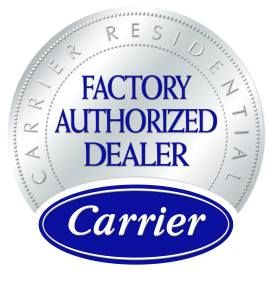Does Switching to a Heat Pump Make Sense in Florida?
HEAT PUMP ADVANTAGES
Heat pumps have some significant advantages when stacked against standard air conditioners and furnaces.
You can reduce your energy usage.
Heat pumps are energy-efficient HVAC systems, so they can significantly lower your utility bills. Air-source heat pumps are the most common type of heat pump used in the U.S., and these systems can decrease the electricity you use for heating by about 50 percent compared to equipment like electric furnaces and baseboard heaters.
Heat pumps are better at dehumidifying indoor air.
As the saying goes, “It’s not the heat, it’s the humidity.” Fortunately, your heat pump can give you some welcome relief from our muggy, Florida air with dehumidification abilities that surpass a traditional air conditioner’s. What’s more, the less humid air is, the faster it cools off, meaning you won’t have to run your system as often and can save money on energy costs.
They typically last longer than air conditioners.
Whereas traditional air conditioners tend to last 10 to 15 years, heat pumps last at least 16 years and can continue operating longer if well-maintained.
There’s no danger of gas or carbon monoxide leaks.
A gas, propane, or oil furnace needs to “burn” fuel to produce heat. That process (called “combustion”) creates harmful byproducts. Normally, that pollution is vented outdoors, but if your heat exchanger cracks, those byproducts could start mixing with your breathing air.
Air-source heat pumps and geothermal heat pumps rely on electricity and don’t use gas, propane, or oil to generate heat. Therefore, you never have to worry about natural gas leaking out of a fitting or a carbon monoxide scare.
HEAT PUMP DISADVANTAGES
While there are several pros to replacing your furnace and air conditioner with a heat pump, there are some cons as well.
You have to replace your furnace and AC at the same time.
The price tag can be hefty when buying a heat pump because the system includes your heating and your air conditioning. Another downside is that if you have an old furnace and a relatively new AC (or vice versa), you’ll still need to replace the whole system to accommodate a new heat pump.
At Bounds Heating & Air, our Gainesville HVAC professionals can help you determine if a heat pump is the best solution for your home. Just give us a call at (352) 472-2761 or contact us online for some friendly assistance.



